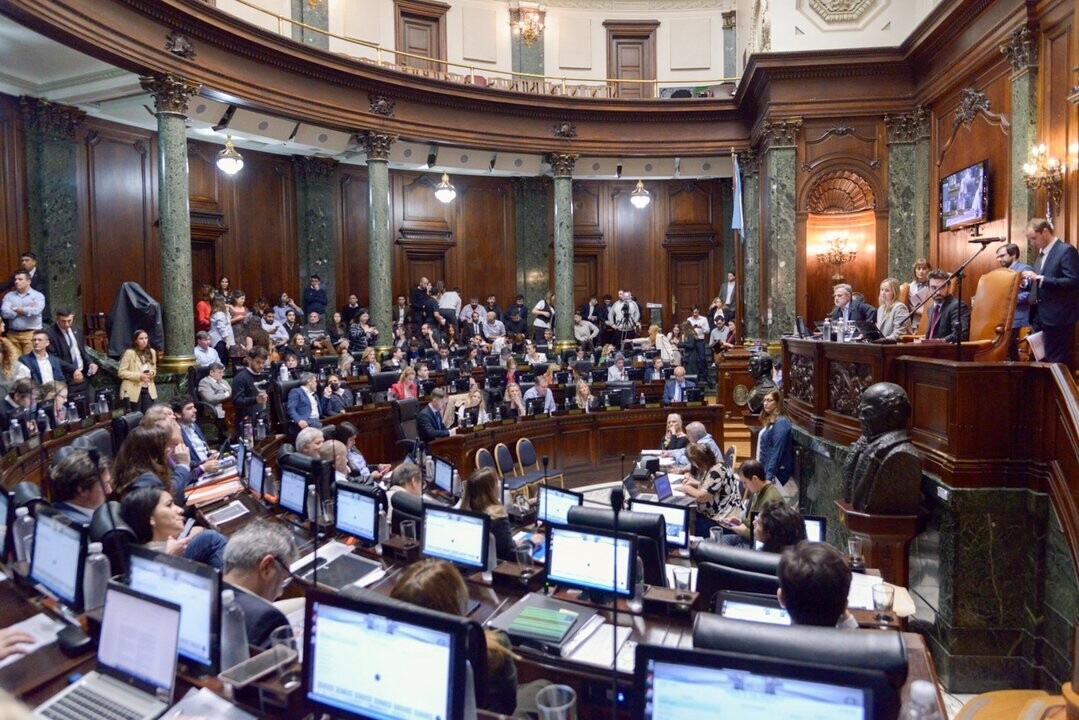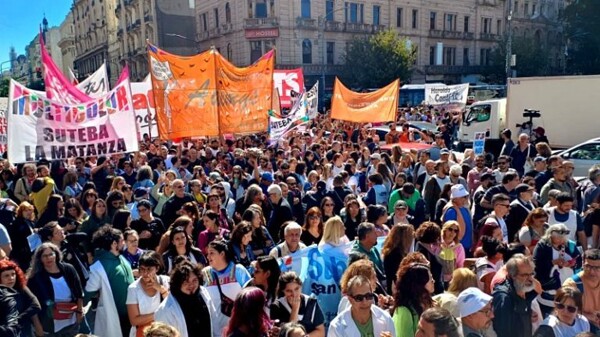
The Buenos Aires legislature today approved, almost unanimously, the bill to suspend the Open, Simultaneous and Mandatory Primaries (PASO) for this year, joining the decision of the national Congress. The measure was supported by 55 votes in favor, 3 against, and one abstention during a session monitored by the head of government, Jorge Macri, from Asuncion, Paraguay.
The Government of the City of Buenos Aires justified this reform by pointing to the fiscal expense involved in carrying out an electoral act of such magnitude, as well as the low participation in previous PASO elections, despite being mandatory to define legislative positions. The main objective was to prevent the manipulation of the electoral process from becoming established if the Peronist legislators aligned with the Left Front.
With the suspension of the PASO, political groups will have to choose their candidates internally, without citizen intervention. This measure generated criticism from the opposition, especially from the Workers' Party (FIT), represented by Gabriel Solano, who called the situation serious.
Among the supporters of the ruling party's initiative (PRO), there were legislators from various political spaces, such as Union for the Homeland, Freedom Advances, and the UCR. Even former members of LLA, such as Ramiro Marra and Eugenio Casielles, backed the project. Only the three deputies of the Left Front voted against the suspension of the PASO.
The electoral reform was pushed with urgency to meet the timelines of the electoral calendar, while the Buenos Aires leader, also president of the Union of Ibero-American Capital Cities (UCCI), sought its approval.













